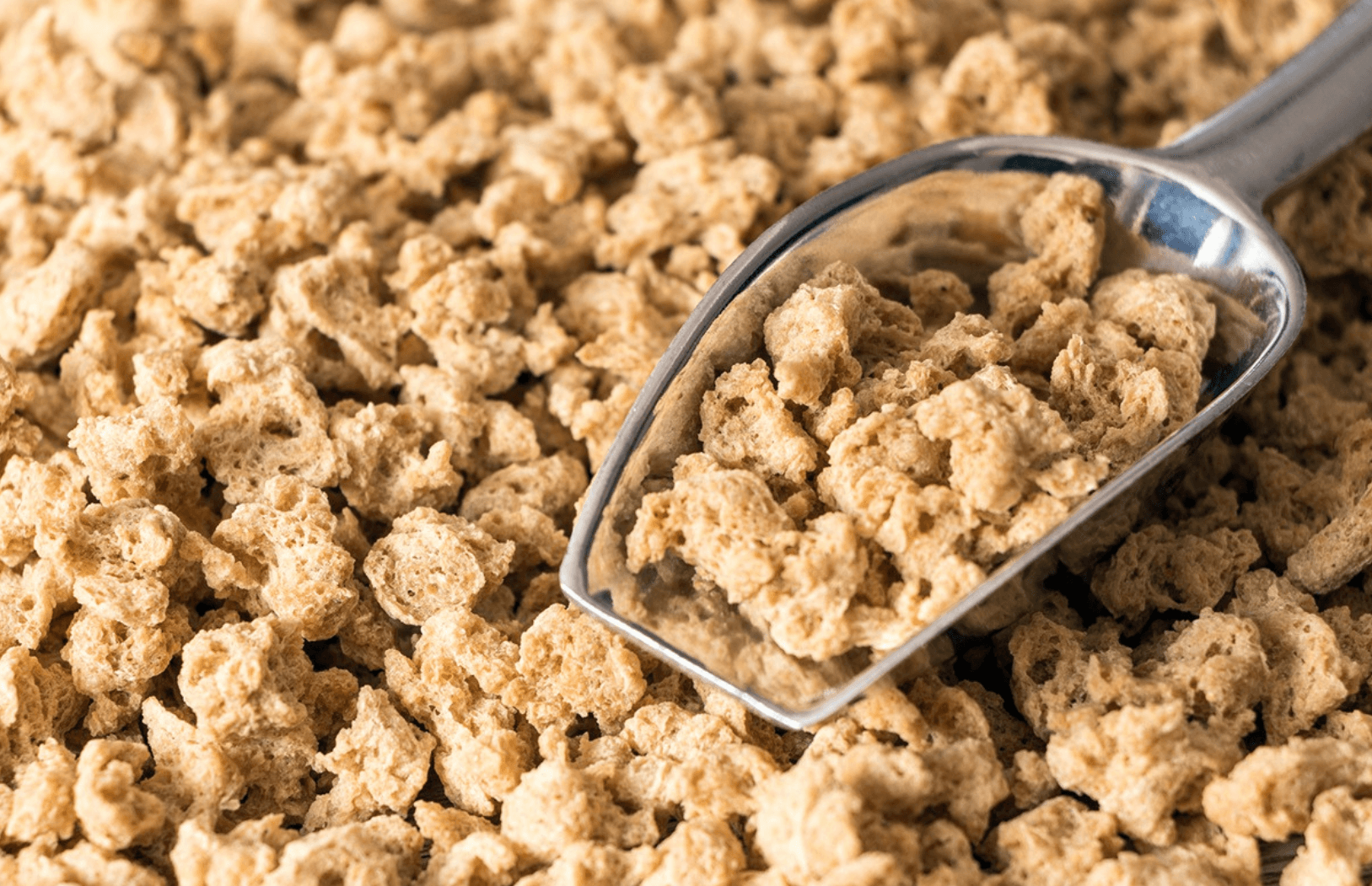Citron fruit (Kanchikai) - An Ingredient as Food and Medicine (Part 1)
Continuing from part 1, know more about the properties of Matulunga (Citron fruit) as per Ayurveda, uses in various conditions, mode of usage, some popular recipes, side effects and textual references
We all have our favorite pickles, don't we? What's yours? Mango, lemon, mixed vegetable, or maybe something more exotic? The first time I tasted the citron fruit was actually in the form of a pickle. Back in my village, citron is quite popular. We make a simple but oh-so-delicious pickle: just some red chili, oil, salt, and citron pulp. That's it! In Tamil, we call this tangy delight "narthangai oorgai."

Photo credits: Dr. Subrahmanya Kumar
The citron fruit resembles a large lemon, distinguished by its thick skin and minimal inner pulp. Various parts of the fruit—peel, seeds, and pulp—are utilized in Ayurvedic medicine. It is especially effective for treating abdominal colic, digestive disorders, and piles.
Citron fruit offers relief from colic pain, anorexia, constipation, digestive issues, alcoholism, hiccups, shortness of breath, cough, vomiting, and disorders related to feces, especially those arising from imbalances in Vata and Kapha doshas. Citron juice is also used to alleviate bee sting pain and treat scurvy, as noted in Charaka Sutrasthana 27/154.
Oranges, limes, lemons, grapefruits, and other types are hybrids involving three ancestral species - citrons (C. medica), mandarins (C. reticulata), and pummelos (Citrus maxima). Citrus taxonomy as a result is quite chaotic and complex because of all the admixtures and interspecific hybrids. The origin of Citrus has generally been considered to be in Southeast Asia, a biodiversity hotspot. Specific regions include the Yunnan province of southwest China, Myanmar, and northeastern India in the Himalayan foothills. The origin of Citrus medica, the citron, a pure species also has its origin in this area.

Citrus medica: Names in Different Languages- (FRLHT's ENVIS Centre on Medicinal Plants, Bengaluru)
Hindi: Bijoura, bara neebu, purak
English: Citron, wild lemon
Bengali: Begpur
Kannada: Heralikayi, Madela, Mahaphala, Rusaka, Rusakam
Telugu: Madiphalam, Nimmakaya, matulungamu, Dabbakaya
Tamil: Kadara-Narthangai
Malayalam: Ganapathi Narakam, cerunaarakam, Narthangayi
Konkani: Mauling
Assamese: Namutenga/kaji tenga, Jora tenga
Gujarati: Turanj
Marathi: Mahalunga
Seasonal Advice:
Rainy Season: Consume with saindhava lavana (rock salt).
Sharad Season: Take with sugar candy.
Hemanta Season: Mix with salt, ginger, asafetida, and black pepper.
Shishira and Magha Seasons: Follow the same advice as Hemanta.
Grishma Season: Combine with jaggery for consumption.
Nutrition composition: USDA National Nutrient Database for Standard Reference.
Calories: 29 kcal
Water: 91%
Carbohydrates: 6-8 g
Fiber: 2.5-3 g
Sugars: 2-3 g
Protein: 0.9 g
Fat: 0.3 g
Vitamin C: 77 mg
Calcium: 26 mg
Iron: 0.6 mg
Potassium: 235 mg
Magnesium: 10 mg

References:
Royal Botanic Gardens, Kew
Bhojana Kutuhalam
Charaka Samhita, Chikitsa Sthana
Sushruta Samhita, Sushruta Chikitsa Sthana 45/65
USDA National Nutrient Database for Standard Reference.
FRLHT's ENVIS Centre on Medicinal Plants, Bengaluru

International Environmental Education Day (January 26)
Jan 23, 2026
On International Environmental Education Day (January 26), we are reminded of a powerful truth: The future of our planet depends on what and how we teach today.
Read more

TDU VC Darshan Shankar pays tribute to Prof. Madhav Gadgil
Jan 9, 2026
Read more

Rethinking Periods: When Did Rest Become Restriction ?
Jan 8, 2026
Menstruation is one of the most natural processes of the female human body, yet it remains one of the most misunderstood. Across cultures-especially in India-it has been surrounded by silence, shame, and countless restrictions.
Read more

When a Baby Cries, the Body Speaks – Learning to Understand Your Child’s Silent Language
Jan 8, 2026
Children are often called a gift from God. When a baby is born, it feels like receiving a blessing
Read more

Plant Imperialists : The destructive case of Lantana camara
Jan 8, 2026
British gardening enthusiasts brought Lantana camara, a shrubby plant with spectacular inflorescence, to Kolkata around the 1800s. Surely, they enjoyed having colourful flowers around them and hoped to feel less homesick while they mass-occupied Indian land
Read more

Are Mock Meats Just a Modern Fad ?
Jan 8, 2026
“Mock meats” or meat analogues are often dismissed as a bizarre trend by many and countless memes have spawned from the internet’s apparent disdain for mock meats and their consumers.
Read more



